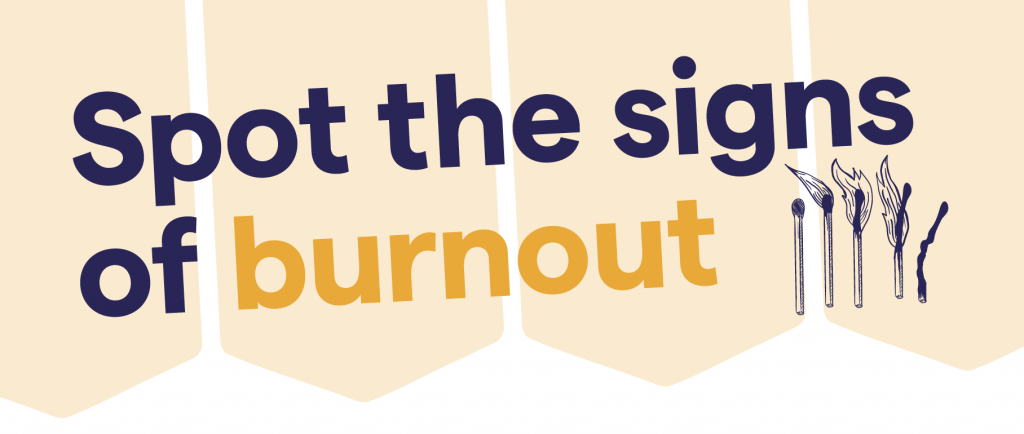World Mental Health Day 2024: Coping with Stress and Burnout in the Workplace
On October 10th, World Mental Health Day shines a light on mental well-being.
In 2024, the focus is on managing stress and burnout in the workplace. With busy schedules and constant pressure, it’s easy to feel overwhelmed. But learning how to manage stress can help prevent burnout.
What Is Burnout?
Burnout goes beyond just being tired. It happens when ongoing stress leads to emotional, physical, and mental exhaustion. You might notice:
Here’s how Mental Health UK talk about it:
- B – Becoming isolated, withdrawn or detached
- U – Unexplained exhaustion – always feeling tired for no obvious reason
- R – Reduced performance and not meeting demands at work
- N – Neglecting self-care and ignoring your own wellbeing
- O – Overwhelmed and unable to cope
- U – Uninterested, feeling defeated, cynical or lots of negative thoughts
- T – Tension and stress, both physically and emotionally

Workplace stress, when not handled well, can lead to burnout. The key is recognizing it early and taking steps to manage stress.
Tips to Manage Stress at Work
Here are some simple ways to reduce stress and prevent burnout:
- Make Time for Self-Care
Taking care of yourself is important. Do things you enjoy, like exercise, reading, or relaxing. Even a little time for yourself can help you recharge. - Set Clear Boundaries
Separate work from your personal life. Stop checking emails after work, and don’t say “yes” to everything. Learn to say “no” when needed. It’s essential to protect your mental health. - Take Breaks During the Day
Breaks are essential. Even a short walk outside can help you reset. - Talk About Your Feelings
If work feels too much, speak up. Talk to your manager, a colleague, or a friend. Sometimes, sharing how you feel can make a big difference. Mental Health UK have a guide for talking to your manager about burnout. - Try Mindfulness and Relaxation
Techniques like mindfulness, meditation, and deep breathing can reduce stress. Just five minutes of meditation can help calm your mind. - Seek Help When Needed
If you’re feeling overwhelmed, consider talking to a professional. Therapists and counsellors can provide valuable tools to manage stress better. You can refer yourself to Newcastle Talking Therapies without needing to see a GP first.
Self-Help Tools from NHS Every Mind Matters
The NHS’s Every Mind Matters website offers practical tips for dealing with stress and burnout. Some of their advice includes:
- Spot the Signs Early: Knowing the signs of burnout—such as feeling unmotivated or anxious—helps you act before it worsens.
- Get Support: Reach out to friends, family, or coworkers. Building a support system helps you feel less alone.
- Your Mind Plan: This NHS Your Mind Plan tool gives personalised tips to manage your mental health based on your needs. It’s a great way to start improving your well-being.
